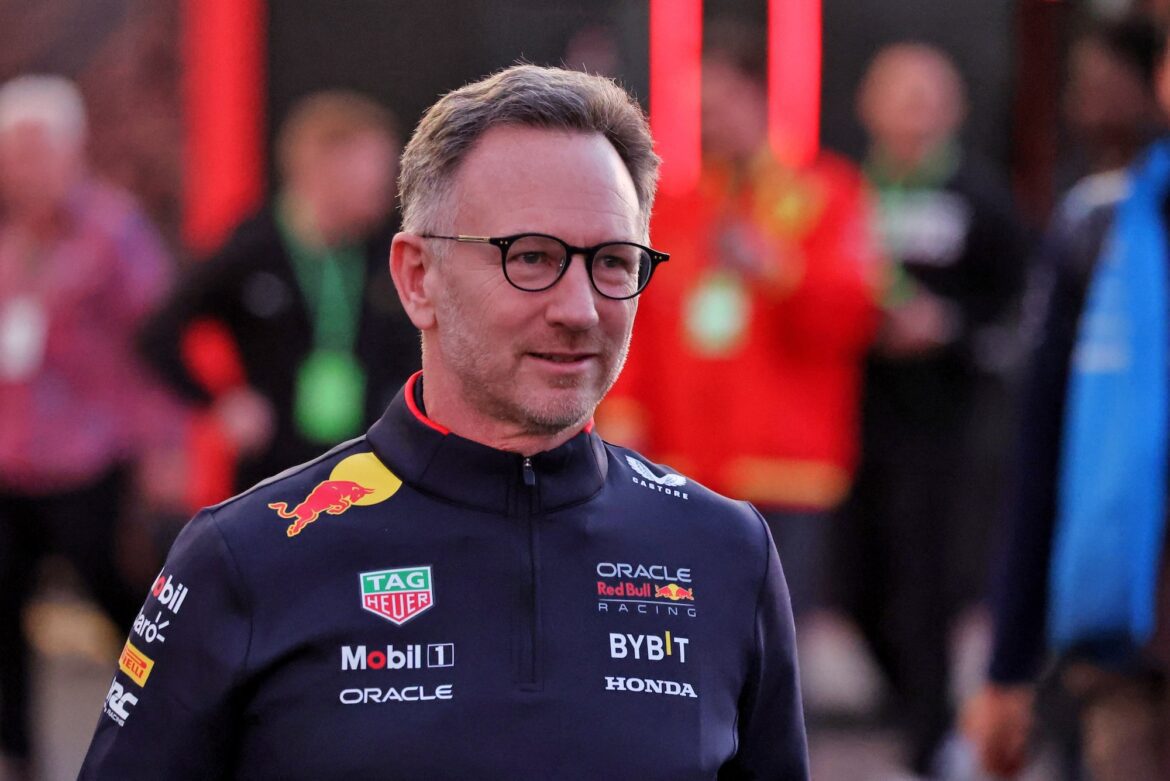Christian Horner’s Potential Return to Formula 1: A New Chapter?
Christian Horner, the former team principal of Red Bull Racing, may be on the verge of a comeback to the world of Formula 1, albeit in a different capacity than before. Currently, he is still under contract with Red Bull, with ongoing discussions regarding the financial closure of his agreement. However, it appears that Horner is contemplating entering the F1 team market as a shareholder. This speculation has circulated for some time, particularly fueled by insights from journalist Joe Saward in his Green Book.
Interest in F1 Team Ownership
Horner’s ambition to potentially become a partial owner of an F1 team has garnered attention, especially in light of recent developments surrounding the Alpine team. Reports suggest that Horner has been monitoring the situation closely, considering the possibility of engaging with the French team as an investor. This interest aligns with broader trends in the F1 landscape, where new investment opportunities are increasingly appealing to seasoned figures in the sport.
Despite the rumors swirling around Horner’s potential move, sources indicate that Renault, the parent company of Alpine, currently has no intentions of selling the team. For the time being, Alpine seems committed to its current direction, leaving Horner’s aspirations hanging in the balance. Nevertheless, his strategic positioning within the F1 ecosystem could pave the way for future opportunities, should circumstances change.
The Growing Investor Interest in Formula 1
Horner’s interest in possibly acquiring a stake in an F1 team can be seen against the backdrop of a growing influx of investors into the sport. The appeal of Formula 1 has significantly increased over recent years, attracting attention from various sectors, including those from China. Investors are keenly observing the opportunities available within the F1 landscape, which is becoming an attractive prospect due to its global reach and profitability.
The increasing interest from investors is not limited to Horner. There are also whispers about Hyundai’s potential entry into Formula 1. Although the automotive giant has chosen to compete primarily in the World Endurance Championship (WEC), it has not ruled out the possibility of establishing its own F1 team in the future. This potential move underscores the shifting dynamics within the sport, as established automotive brands explore new avenues for competition and visibility.
The Evolving Landscape of Formula 1
The landscape of Formula 1 is constantly evolving, with new players and opportunities emerging. As the sport continues to grow in popularity, the potential for new ownership structures and team dynamics becomes more pronounced. Horner’s potential return to the sport could signify a broader trend of experienced figures making their mark in innovative ways.
With the influx of new investment, the competitive nature of Formula 1 is likely to intensify. The sport has witnessed significant changes in recent years, including shifts in regulations and the introduction of new technologies. These developments create a fertile ground for investors and team owners to rethink their strategies and explore fresh avenues for success.
The Role of Technology and Innovation
One of the key drivers of interest in Formula 1 is the sport’s commitment to technology and innovation. The ongoing evolution of hybrid power units, advancements in aerodynamics, and the incorporation of data analytics have made F1 a technological battleground. Investors recognize the potential for these advancements to translate into commercial success and brand visibility.
As teams strive for competitive advantages, the integration of cutting-edge technology becomes paramount. This focus on innovation not only enhances the performance of the cars but also captivates audiences and sponsors alike. The intersection of technology and motorsport is a powerful draw for potential investors, making the prospect of ownership increasingly appealing.
The Future of Team Ownership in Formula 1
Horner’s ambitions reflect a broader interest in team ownership within Formula 1. As the sport navigates through changes in governance, financial structures, and competitive dynamics, the landscape for potential team owners is evolving. Investors are increasingly looking for opportunities to engage with the sport, whether through direct ownership or strategic partnerships.
The prospect of Horner entering the ownership domain aligns with the ongoing narrative of experienced figures seeking to leverage their knowledge and networks within the sport. His history with Red Bull Racing provides him with unique insights into the complexities of running a successful F1 team, and this experience could prove invaluable if he decides to take the plunge into ownership.
Conclusion
Christian Horner’s potential return to Formula 1 as a team owner is a topic of significant interest among fans and industry insiders alike. His strategic considerations and the broader trends in investor interest highlight the dynamic nature of the sport. As the landscape evolves, the possibilities for new ownership structures and innovative approaches to team management continue to expand. The future of Formula 1 is poised for exciting developments, and Horner’s potential involvement serves as a testament to the enduring allure of the sport.
